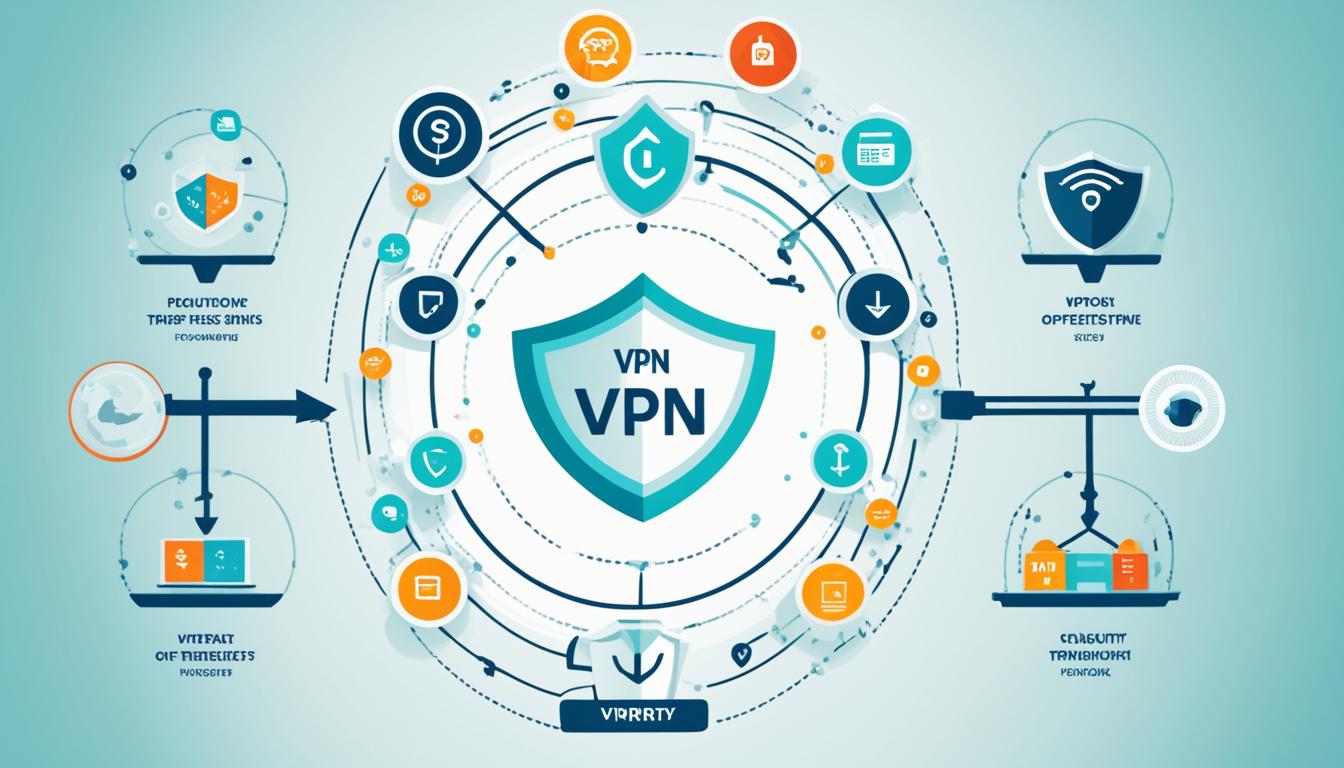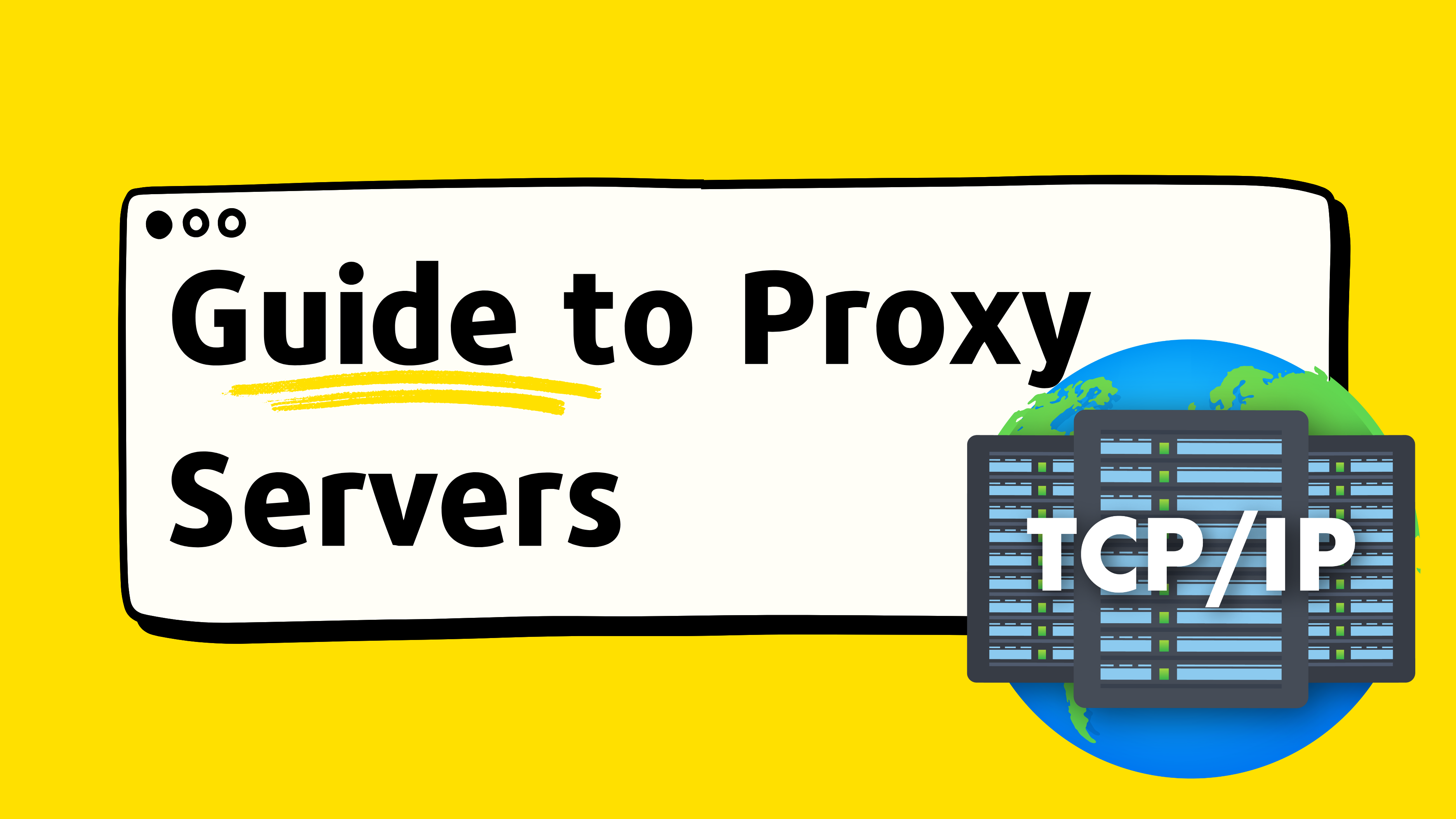In the ever-evolving world of internet privacy and security, making the right choice between a proxy and a VPN can be a complex task. The Proxy vs VPN comparison is more than just a debate; it’s about understanding which tool best aligns with your online habits and demands for privacy. Whether you’re trying to access content restricted to a different locale or safeguard your digital footprint, the proxy or VPN question is critical. Each technology has its merits and demerits, and the decisions hinged on personal needs could dictate a different which is better? answer for each user.

Key Takeaways
- Understanding the differences between proxies and VPNs is fundamental to online privacy.
- A Proxy serves as an intermediary, while a VPN provides encryption for greater security.
- Your choice between a proxy or VPN should fit your privacy concerns and usage patterns.
- The context of use plays a significant role in the Proxy vs VPN comparison.
- Privacy, security, and accessibility needs are central in resolving the which is better? debate.
Understanding the Basics of Proxy and VPN
Before diving deep into the Proxy vs VPN comparison, it’s essential to clarify what each technology entails and their primary functions. As tools that enhance your online experience and protect your digital privacy, both proxies and VPNs serve critical roles but operate in distinctly different ways.
What is a Proxy and How Does it Work?
A proxy acts as an intermediary between your device and the internet. It requests content on your behalf and then passes it back to you, essentially serving as a gateway that can enhance the speed of your internet browsing or allow you to bypass geo-restrictions. The operational mechanics of different types of proxies, such as HTTP, HTTPS, and SOCKS, center around forwarding your requests and delivering responses from web servers — all while your own IP address remains unchanged.
What is a VPN and How Does it Work?
On the other hand, a Virtual Private Network (VPN) secures a private connection over a public network. This service encrypts all your internet traffic and reroutes it through a server in a location you select. In doing so, a VPN disguises your real IP address and shields your data from potential interception, providing a significant step up in privacy and security compared to standard proxy services.
The Key Functions of Proxy and VPN Services
To appreciate the full breadth of Proxy and VPN differences, it’s helpful to analyze their functionalities side by side. While both offer some level of anonymity and can circumvent geographical limitations, the two services have distinct strengths and limitations. Below is a detailed comparative table that further elucidates these points.
| Feature | Proxy | VPN |
|---|---|---|
| Anonymity Level | Moderate | High |
| Data Encryption | No | Yes |
| IP Masking | Partial | Full |
| Speed Impact | Varies | Minimal |
| Geo-Restrictions Bypassing | Yes | Yes |
| Overall Security | Basic | Strong |
Whether you’re leaning towards a proxy or VPN, understanding your specific needs is paramount. For basic anonymity and quick access to geo-blocked content, a proxy might suffice. However, for comprehensive security and privacy, particularly over public WiFi networks, a VPN stands out as the more robust option. In essence, making an informed decision in this Proxy vs VPN comparison boils down to evaluating the importance of these different features in your daily online interactions.
Proxy vs VPN: Which is Better for Privacy and Security?
When considering Proxy vs VPN for privacy, it’s essential to understand how each technology operates to protect user data. A proxy server functions as an intermediary, hiding your IP address to a certain degree, but it does not necessarily encrypt your data. In contrast, a VPN encrypts all data traffic, thus offering superior Proxy vs VPN security on any network. The comprehensive encryption provided by VPNs shields your personal information from eavesdroppers and hackers, making it a more robust choice for those prioritizing privacy.
However, users should not only ask “Proxy or VPN, which is better?” but also consider how each service handles data logs. While some VPN providers have a strict no-logging policy, ensuring that your online activities remain private, proxies are less likely to provide this level of privacy. Therefore, it’s crucial to research the policies of the service you choose to trust with your online anonymity.
| Feature | Proxy Server | VPN |
|---|---|---|
| IP Hiding | Partial | Full |
| Data Encryption | No | Yes (Strong) |
| Data Log Policies | Varies | Often No Logs |
| Security against Cyber Threats | Basic | Advanced |
Finally, when examining Proxy vs VPN for privacy and security, consider the vulnerability of each to cyber threats. A VPN usually offers features like kill switches and leak protection, which help maintain security even if the connection drops. Proxy services, lacking in features like these, provide only a basic level of security. In the ongoing Proxy vs VPN security debate, it’s clear that for comprehensive privacy and protection, a VPN tends to be the superior option for most users.
Conclusion
The exploration of Proxy vs VPN throughout this article illuminates a crucial decision point for users prioritizing their online experience. While the question of “which is better?” resonates deeply with those concerned about internet speed, security, and privacy, concluding this comparison involves personalized reflections. VPNs present themselves as a robust option, often standing out in Proxy vs VPN speed contests and are renowned for their superior encryption capabilities, which make them the stronger choice for those seeking comprehensive data protection and privacy.
Nonetheless, proxy servers should not be discounted, as they can effectively cater to tasks with less critical security demands. They are particularly adept at bypassing geo-restrictions and can be the right choice for users whose main requirement is to access region-specific content without the need for the encryption and anonymity that VPNs provide. The Proxy vs VPN comparison is not about finding a universal victor but rather about assessing which solution aligns better with specific scenarios and user needs.
Ultimately, when evaluating proxy or VPN, contemplate your primary objectives. Are you more concerned with maintaining peak browsing speeds, or do you lean towards a fortified defense against cyber threats? Assess the nature of your usual online activities and make your choice by balancing the scales of security, privacy, and performance. Whichever you choose, remember that both proxies and VPNs have their rightful place in the digital landscape, capable of enhancing your online experience in their unique ways.



